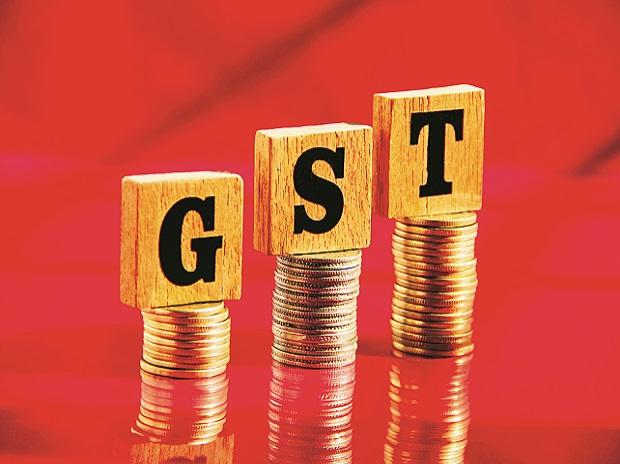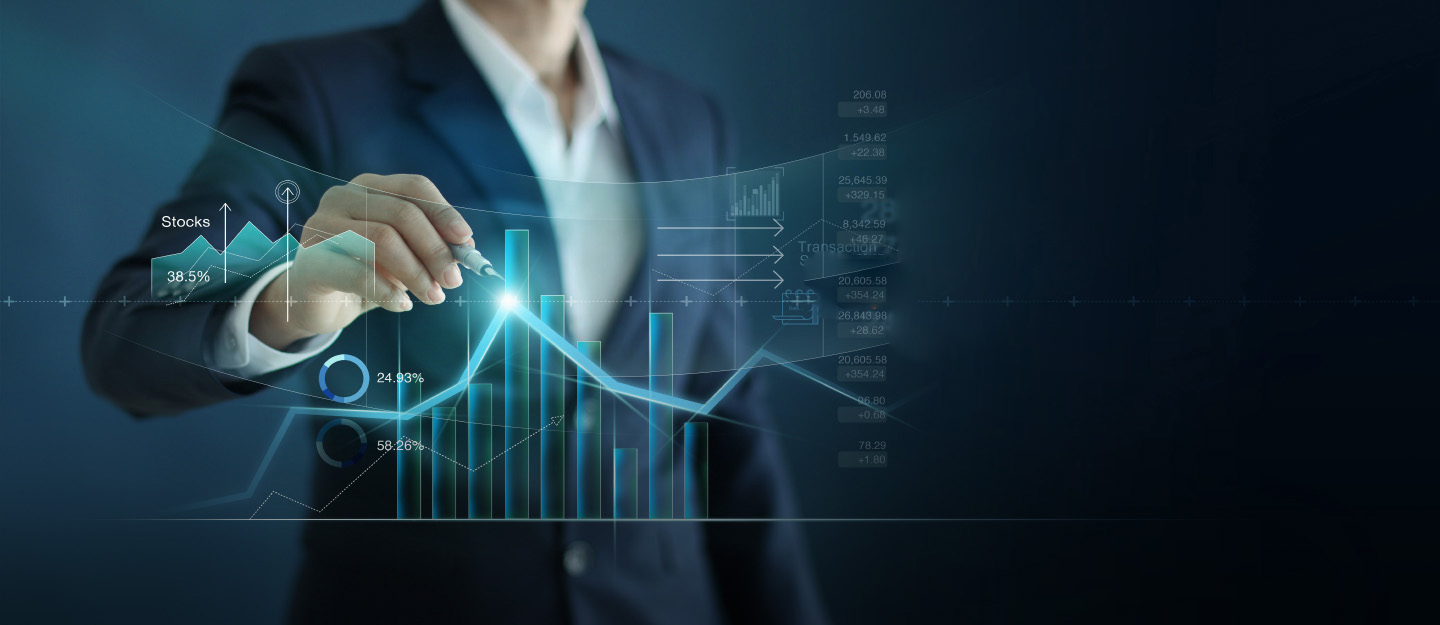Some commodities which are perceived to be sin goods have seen Goods and Services (GST) rates rising to a point where further taxation isn’t an option anymore, Chairman of the Central Board of Indirect Taxes and Customs (CBIC) Vivek Johri has said.
Speaking at an event organized by the Federation of Indian Chambers of Commerce & Industry, Johri said the government is taking a holistic approach to taxation, keeping in mind the public good while also maintaining revenue buoyancy. He also pointed out that gold smuggling has gone up despite tax rates on the shiny metal coming down.
Taxes levied for public health purposes on products such as alcohol and cigarettes are generally dubbed sin taxes. Fixed higher tax rates on such products are mainly used to discourage their consumption by making them unaffordable. However, the government’s experience in India has shown that such taxes have had limited success as the consumption of tobacco, alcohol and other such products have continued to rise annually.
The Chairman’s comments hold significance for tobacco manufacturers such as ITC as well as spirits producers and distillers, who have repeatedly argued against raising taxes on their products.
Revenue expectations
On the revenue scenario going forward, the Chairman said that GST collections are expected to bring in Rs 1.3-1.35 lakh crore on a monthly basis in the current fiscal despite pressures on the customs and excise fronts.
The slightly lower than earlier forecast is due to the customs side remaining under pressure because of rising commodity prices. On the other hand, excise collections will also take a hit because of the duty cut, he added.
“We have changed our strategy to continue revenue buoyancy,” Johri said. The Chairman explained this will be done by rationalizing the rates of tax to let refunds and credits flow freely, reversing the inversions, improving legal provisions and making administrative changes to ensure better levels of compliance.
However, he said there is more potential to improve GST revenues. “Global and inflationary headwinds will have a continued pressure on our revenues but I am hopeful that we will be able to deal with them in the year,” he added.
Crackdown on evaders
Johri also stressed that data triangulation with other government bodies such as the Directorate General of Foreign Trade (DGFT) and the Income Tax Department has helped to cull out risky taxpayers. “Now, as GST completes five years, we are very clear on reducing abuse of the tax system and improving the tax compliance for taxpayers,” he said.
Johri said CBIC is devising strategies with states to weed out wrong-doers and improve the system for genuine taxpayers. The CBIC is considering dealing with commercial frauds and tax evasion through the wilfully wrong classification of goods by using legal provisions available under the Customs Act, he added.
Meanwhile, the economy has bounced back even as inflation and rising oil prices continue to hamper growth, Johri said. Pointing to GST collections, he said the rise in incoming taxes has been consistently higher than the country’s GDP growth rate.
The filing of GSTR-3B has gone up to 80 percent as of February 2022, up from 73 percent in January 2021, he stressed.
Source: moneycontrol.com
***
Don’t miss the next Tax Update / Article / Judicial pronouncement
Subscribe to our newsletter for FREE to stay updated on GST Law
Resolve your GST queries from national level experts on GST free of cost.
TW Editorial Team comprises of team of experienced Chartered Accountants and Advocates devoted to spread the knowledge of GST amongst the various stakeholders.




